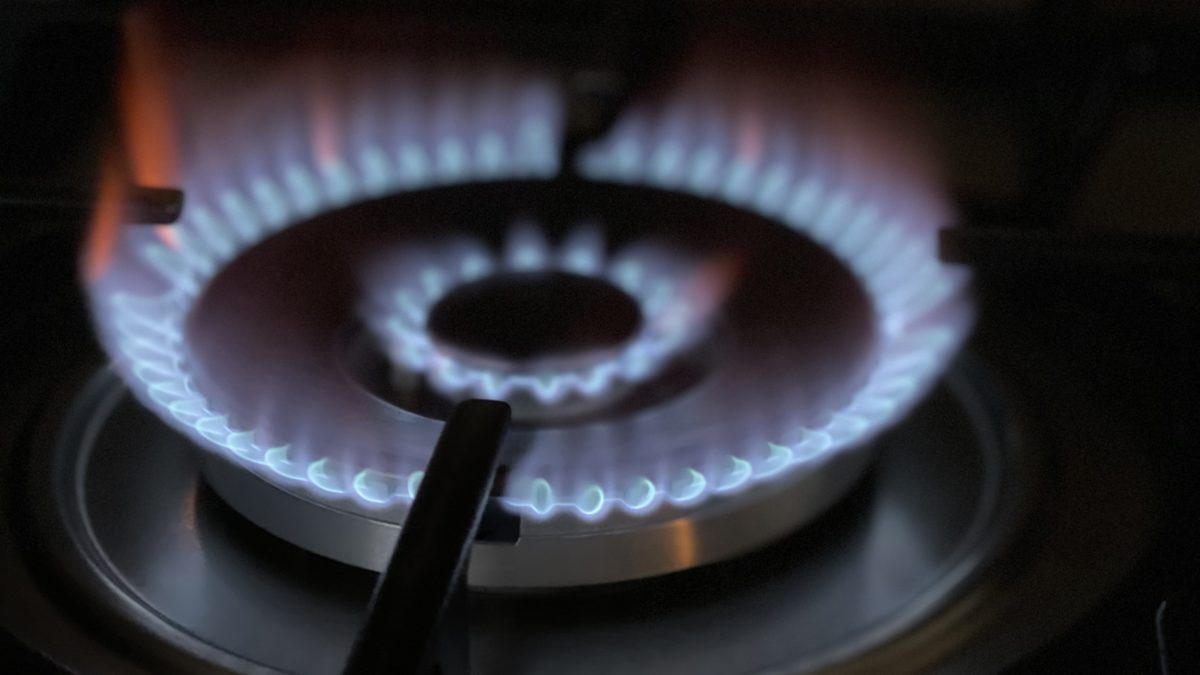Liability For A Gas Explosion In Rented Property – Why Clarity Is Needed On The Law
Sharing is caring!
If you rent your home from a private landlord or social housing provider, then they will be under an obligation to ensure that all gas fittings in the property you occupy are regularly inspected and maintained in a safe condition. If they fail to do this, and as a result a gas explosion occurs in which you or a visitor to your home are injured, then you will usually be entitled to hold them to account and to sue for appropriate compensation.
However, there is a grey area in the regulations that govern this aspect of the law and which may mean that if you do not take specialist legal advice you could end up being denied the compensation you are due. Anna Rushton, who deals with serious injury cases resulting from gas related fires and explosions, explains more in this informative blog.
Gas Regulations
Pursuant to section 36 of The Gas Safety (Installation and Use) Regulations 1998, most residential landlords are obliged to:
- Ensure that any relevant gas fittings (and any flues which serve them) are maintained in a safe condition, so as to prevent the risk of anyone in lawful occupation of the property from being injured;
- Arrange for the gas fittings and flues to be inspected within 12 months of being installed, and at no more than 12 monthly intervals thereafter; and
- Ensure that an appropriate record of any checks carried out is retained for at least the following two years, and that this records certain prescribed information, including a description of all appliances checked, where they were located, an defect(s) identified and any remedial action taken to ensure that they remain safe.
The definition of ‘relevant gas fitting’ means any gas appliance (other than one which the tenant is entitled to remove from the premises), or any installation pipework installed in the premises, and any gas appliance or installation pipework which directly or indirectly serves the premises and which either is installed in any part of the premises within the landlord’s ownership or which is under their control.
Grey area
The grey area within the regulations is whether a flexible pipe connecting a cooker owned by a tenant to the gas mains supply falls within the definition of installation pipework and is therefore caught by the obligation to inspect imposed on the landlord.
A real issue
You may think it unlikely that the validity of a claim may turn on this, but it is a question that arose recently in a case that we handled and unfortunately the Health and Safety Executive (HSE) have confirmed to us that there is no definitive guidance as to how the question should be answered – which means that there is potential for a landlord to try to dispute a claim where the cause of an explosion stems from a pipe which connects a privately owned appliance to the gas main.
According to HSE, the answer will turn on whether the pipe can be described as an integral part of the cooker. If it can, and the cooker is owned by the tenant, then it is at least arguable that the pipe will not fall within the definition of installation pipework. However, if it is not an integral part of the cooker then it will fall within the definition and so there will be an obligation on the landlord to inspect and maintain it.
Implications
Due to the technical nature of the gas regulations, it is vital that if you or a relative have been injured in a gas explosion that you seek expert legal advice to determine whether anyone can be held to account and, if so, to ensure that you receive the compensation that you deserve.
In the case that we recently handled, referred to above, we were successful in getting a well-known national gas company to take responsibility for injuries sustained in an explosion in circumstances where it could have been difficult to hold the landlord to account. We were able to do this by showing that the gas company had been negligent in the way that they had performed the inspections requested by the landlord, and that it was as a result of their incompetence that an obviously dangerous gas cooker pipe was allowed to remain in situ when it should properly have been flagged up as dangerous and taken immediately out of use.
The client in that case is now in line for a six figure pay out. You can find out more about the case by clicking here.
Need our help?
If you have been seriously injured in an accident that was not your fault and you would like to find out if a personal injury claim may be possible, then why not give Anna a call on 0800 195 6412 for an informal chat. We provide a free initial consultation and provided we are satisfied that your claim has reasonable prospects of success, we can usually take your case on under a no win, no fee agreement.
We also offer a free interpretation and translation service for Polish clients.
Categories
Reviews
About Us
- We have a commitment to you, ensuring that we’re making a difference to people’s lives
- We put real value on individuals and our local communities
- We believe in open and honest advice, helping you to make life better.
Testimonials
What more can i say?…
Professional and compassionate
Nothing was too much trouble for Anna and her colleagues as they strived to get the best result for me.
I’m delighted to say that the case was resolved to my satisfaction.
fantastic service
The service I received from Mr Hussain and the colleagues wasRead more “fantastic service”
pleasant experience
The overall mark out of ten for my experience has got to be 11. Thank you to Mr Abid Hussain for making an unpleasant experienceRead more “pleasant experience”
excellent communication
Satisfactory
Recommend to family and friends
excellent service
I received excellent service. Mr Hussain explained everything in detail and I never had to worry about a thing beyond signing a few papers. ThankRead more “excellent service”
pleased with the service
I have been very pleased with the service you have gave me and thank you very much for all your hardRead more “pleased with the service”
Thorough and to the point
I felt reassured with what you were doing for me. It was thorough and to theRead more “Thorough and to the point”
Helpful and good team work
Just like to say thank you and it’s been so helpful. Very good teamRead more “Helpful and good team work”
well informed advice
I received well informed advice and was updated throughout the process. I was dealt with very courteously by Mr Hussain and hisRead more “well informed advice”
Good service
I have received a very good service from Mr Hussain and was very pleased with the outcome. I was always able to see someone to help ifRead more “Good service”
Fantastic
Fantastic friendly and very helpful professional advice, at any stage of process. Highly recommend anyone who needsRead more “Fantastic”
Very Friendly
I found staff to be very welcoming and friendly. Service I received was very informative andRead more “Very Friendly”
Thank you for help
best interests
It was excellent from start to finish. I felt I was always informed and that my best interests were atRead more “best interests”
Great
Great communication, quick response to any queries. A pleasure to do business with you. HighlyRead more “Great”
Thank you
A complete pleasure
Great communication
Happy with everything
Recommended services
My case was managed by Anna Rushton. Since winning my case I have recommended Anna’s services to a friend. I found her guidance and assistance second toRead more “Recommended services”
Sound advice
Reliable and good service
Efficient and professional
I would like to thank Anna Rushton for her efficiency and professional services as well as for her friendlyRead more “Efficient and professional”





